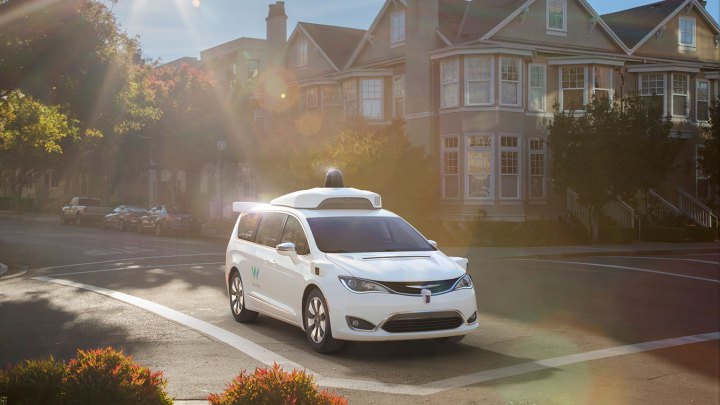
Waymo tweeted the news Monday, along with a thank you to Georgia Governor Nathan Deal for a “warm welcome.” Until Congress finalizes blanket self-driving car legislation, test program’s like Waymo’s rely on the cooperation of state governments. The legal situation surrounding self-driving cars, particularly when it comes to liability, is murky, and companies want assurances from officials that they are welcome.
Atlanta is the 25th city to host Waymo self-driving cars, and the first on the East Coast. The vast majority of the other cities are in Waymo’s home state of California and Arizona, where the company runs a pilot ridesharing program, and even operates some cars without human drivers behind the wheel. Waymo has also tested in Austin, Detroit, and Kirkland, Washington.
Waymo has already begun mapping Atlanta with manually driven cars, according to TechCrunch. Self-driving cars need accurate digital maps to navigate, and of course Waymo’s parent company Alphabet has plenty of experience with mapping. Waymo did not say how many autonomous cars it plans to bring to Atlanta, or what specific areas of the city they will operate in.
Including its original incarnation as the Google self-driving car project, Waymo has been testing cars on public roads since 2009. But these tests remain a valuable way to introduce self-driving cars to real-world driving scenarios, and generate data on how they behave. Test programs are also a good way to acclimate ordinary drivers to sharing the road with self-driving cars.
As with all other cities where Waymo currently tests, the fleet of vehicles deployed in Atlanta will consist entirely of Chrysler Pacifica Hybrid minivans. Waymo originally used an assortment of Toyota and Lexus hybrids, then small electric cars of its own design. The pod-like electric cars attracted a lot of attention, but since Waymo has no intention of actually building production cars itself, they represented a bit of a development dead end.

